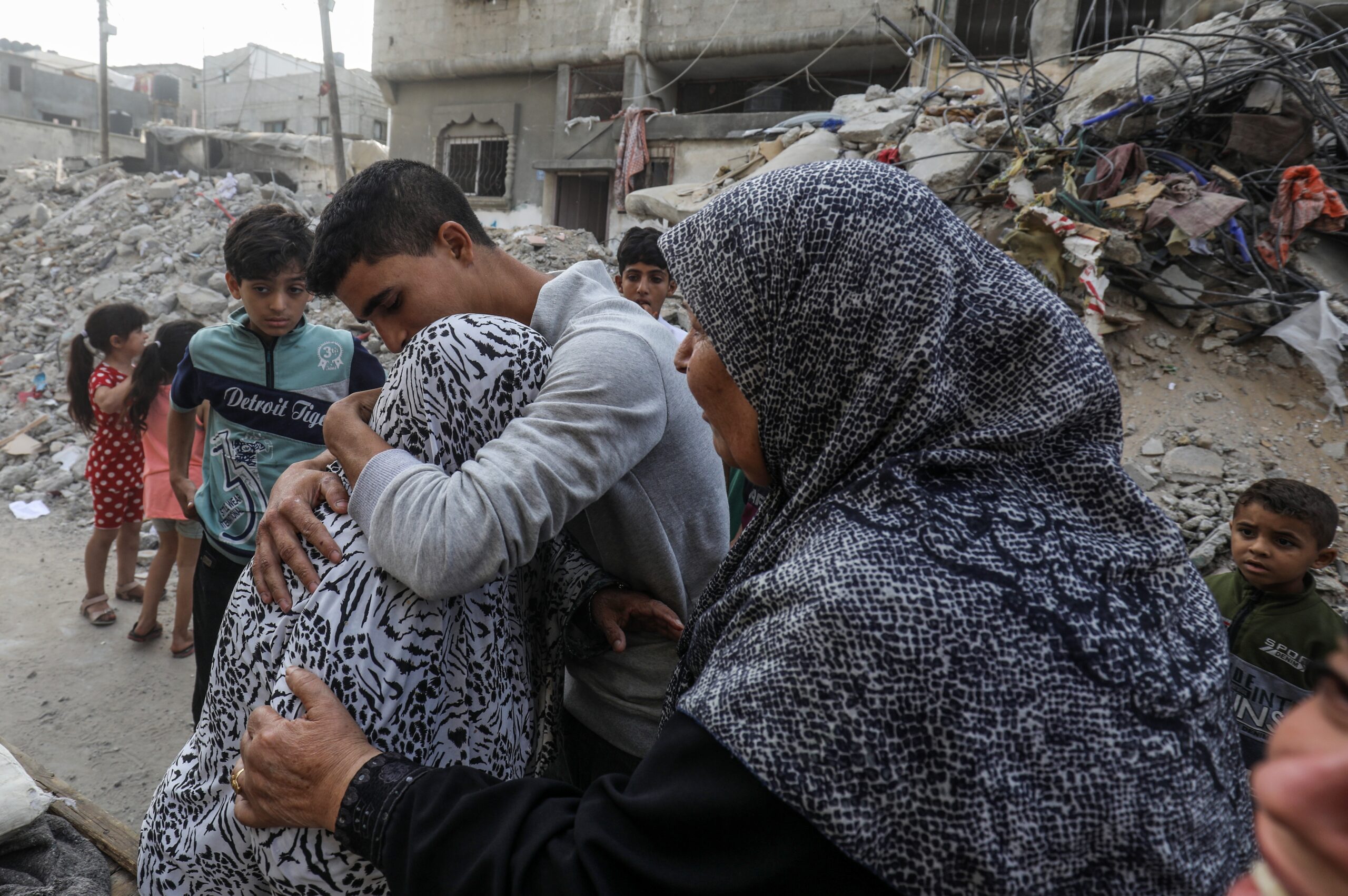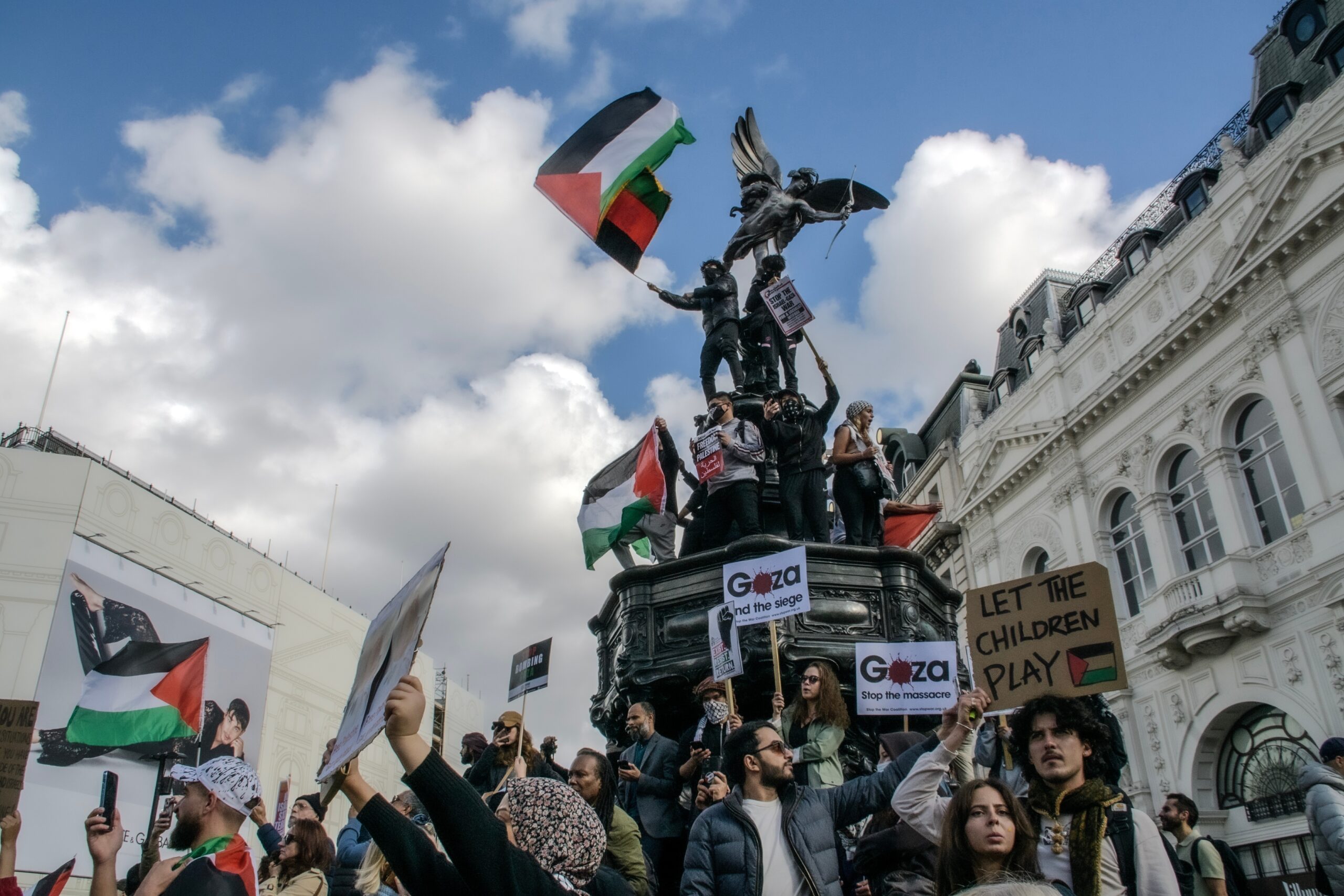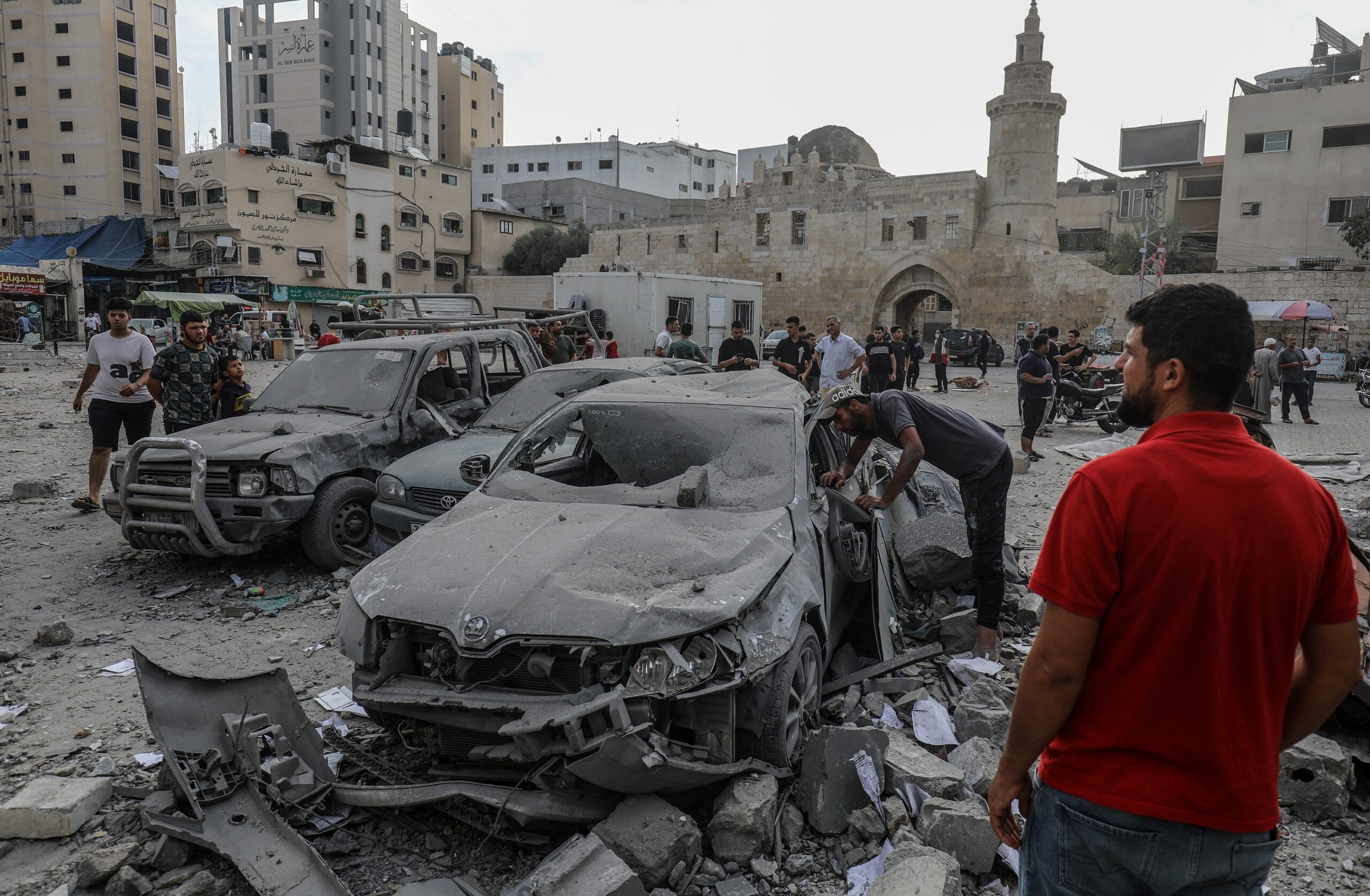Trends in the International Community Toward the Resolution of the Gaza Conflict.

TEXT : Thomas Prichard
In October 2023, the Palestinian militant group Hamas, which controls the Gaza Strip, initiated a new conflict with Israel. The fierce assault, involving as many as 5,000 rocket attacks, shocked the world with its speed and scale. In light of humanitarian concerns, the United Nations has begun deliberations. Given the possibility that the conflict could escalate into a full-scale war involving neighboring countries, many nations are paying close attention to the resolution of the Gaza conflict. Since the founding of Israel, it has been one of the long-simmering sources of unrest in the Middle East. What is needed to bring an end to the Gaza conflict? It is time to reconsider.
The Gaza Strip is a territory 41 kilometers long and 10 kilometers wide. Approximately 2.3 million people live in this area, which is sandwiched between Israel, Egypt, and the Mediterranean Sea. Israel, which is in a state of conflict with Hamas, the ruling power in Gaza, has been in opposition with Arab countries, including Palestine, since the declaration of its establishment in 1948. After four Middle East wars, the Oslo Accords in 1993 led to reconciliation with the Palestine Liberation Organization (PLO), and the Palestinian Authority was established.
Although the Gaza Strip belongs to Palestinian territory, its rulers have changed repeatedly. After the First Arab-Israeli War, Egypt occupied Gaza for 19 years. Following the Six-Day War in 1967, Israel controlled Gaza until 2005. In 2005, Israel withdrew its military and settlers from Gaza. Subsequently, in 2006, the Palestinian militant group Hamas won the majority of seats in the Palestinian Legislative Council elections, expelled moderates, and has since continued to exercise effective control over the Gaza Strip.

How have countries around the world responded to the Gaza conflict? As clashes between Palestine and Israel have repeatedly occurred, the international community has sought ways to resolve the conflict. The 1993 Oslo Accords were one such attempt. Based on mutual agreement, the Palestinian Authority was established, and it seemed that the long-standing hostilities would come to an end.
However, the rise of hardline factions within Israel and Hamas, which aims to overthrow Israel, began to cast a shadow over the agreement. With Hamas's terrorist attacks and the growing anti-Palestinian sentiment within Israel, the divide between the two sides widened once again. Proposals from major global powers, such as peace roadmaps and the Middle East peace plan put forward during the Trump administration, have also failed to bring both sides to the negotiating table.
In October 2023, amid a stalemate, Hamas sparked a new conflict. A surprise attack using around 5,000 rockets resulted in over 1,200 Israeli deaths, and more than 250 people were taken as hostages. In response, Israel imposed a full blockade on Gaza in October and began airstrikes. In November, Israel attacked Al-Shifa Hospital, the largest in Gaza, citing the presence of hiding Hamas members.
In response to the military clash between Israel and Hamas, the UN Security Council adopted successive resolutions. In November, they called for a temporary halt to fighting and the immediate release of hostages. In December, they demanded expanded humanitarian aid and monitoring. The G7 foreign ministers and the EU High Representative also issued statements urging the release of hostages and a cessation of hostilities. The African Union (AU) likewise called for an immediate ceasefire and resolution of the conflict through dialogue between the two parties.
However, at the December Security Council meeting, where representatives of both the Palestinian Authority and Israel were present, there was a noticeable divide. While the Palestinians hailed the resolution as 'a step in the right direction,' Israel's primary demand in the Council was a statement condemning Hamas, making it difficult to achieve complete consensus.

Although Israel was the initial target of the attack, Prime Minister Benjamin Netanyahu is facing growing criticism both domestically and internationally. In Israel, protest demonstrations have erupted over the handling of hostage negotiations. The UK announced that it would halt part of its arms exports to Israel, citing concerns over violations of international law. U.S. President Joe Biden has also urged Netanyahu to advance negotiations regarding hostages and a ceasefire. However, Prime Minister Netanyahu remains firm in his stance on securing control of the strategically important 'Philadelphi Corridor' along the southern Gaza-Egypt border, showing no signs of the conflict coming to an end.
In September 2024, the United Nations General Assembly adopted a resolution with a majority of 124 countries in favor, calling for Israel to end the occupation. The resolution demands the withdrawal of Israeli troops from occupied territories, the cessation of new settlement activities, and the evacuation of current settlers. Although the resolution lacks legal binding force and the likelihood of Israel complying is low, it may increase international pressure on Israel and potentially curb Israeli military activities in the Gaza Strip.
The most realistic way to resolve the conflict may be to restore mutual trust, as was done during the Oslo Accords, and achieve peace through negotiations that ensure coexistence of two states. The bilateral conflict that began with Hamas's attacks in 2023 has turned schools, hospitals, and refugee camps—places that should be safe—into battlefields.
On the internet, victims of the conflict are raising their voices, yet words of resentment are rarely heard. An Israeli says, 'My parents were killed, but I do not seek revenge.' A Palestinian middle school student states, 'I want to become a journalist and tell the truth.' Those who become victims of the conflict are often people who lack the means to resist. Urgent measures are required.
